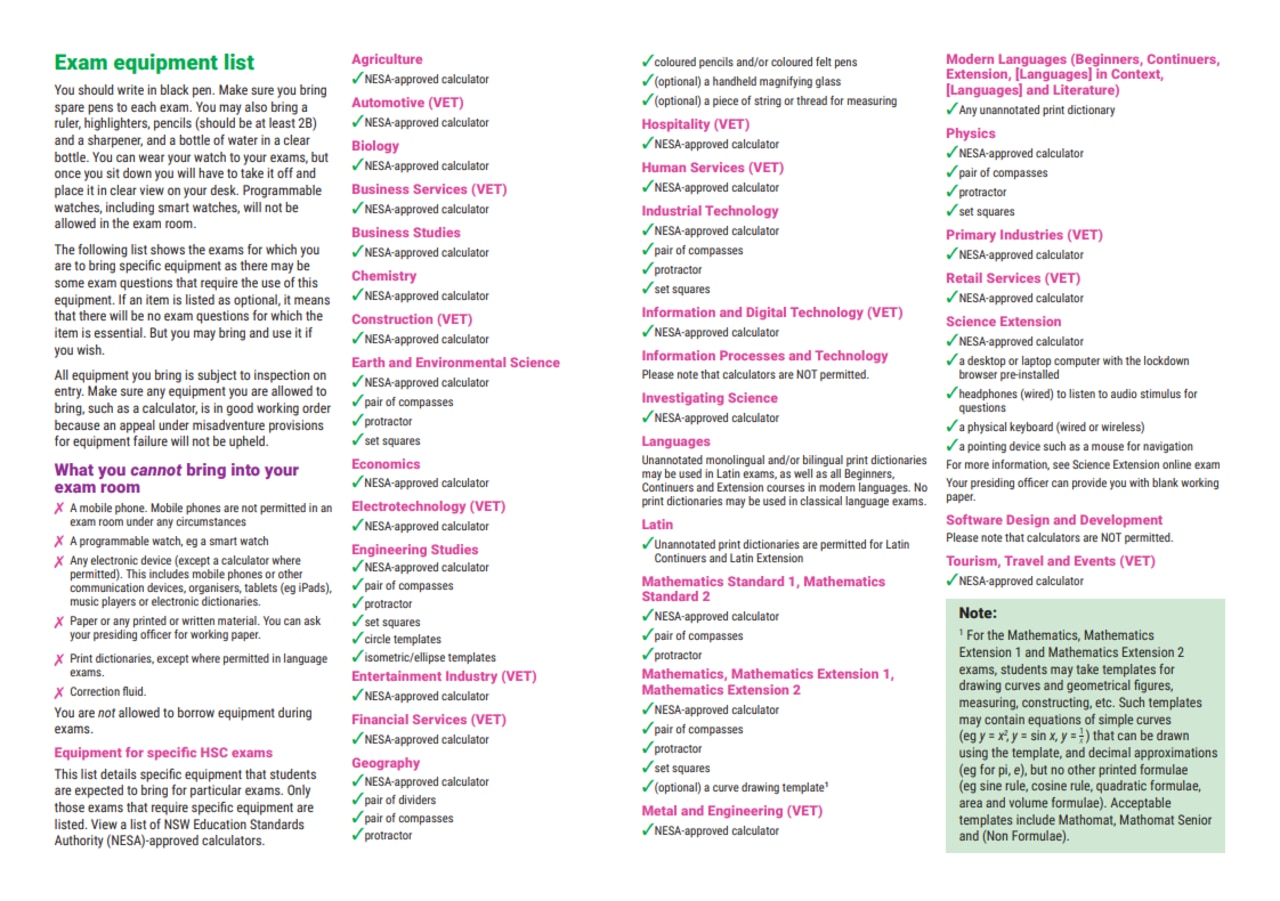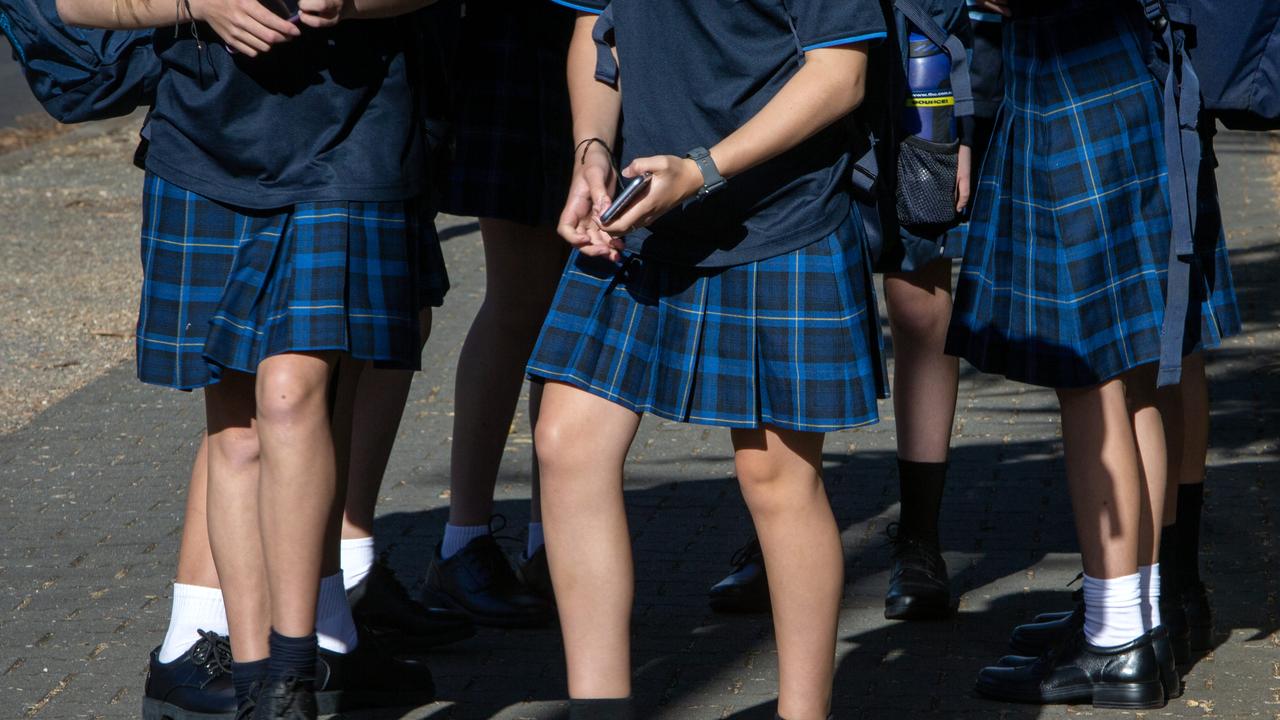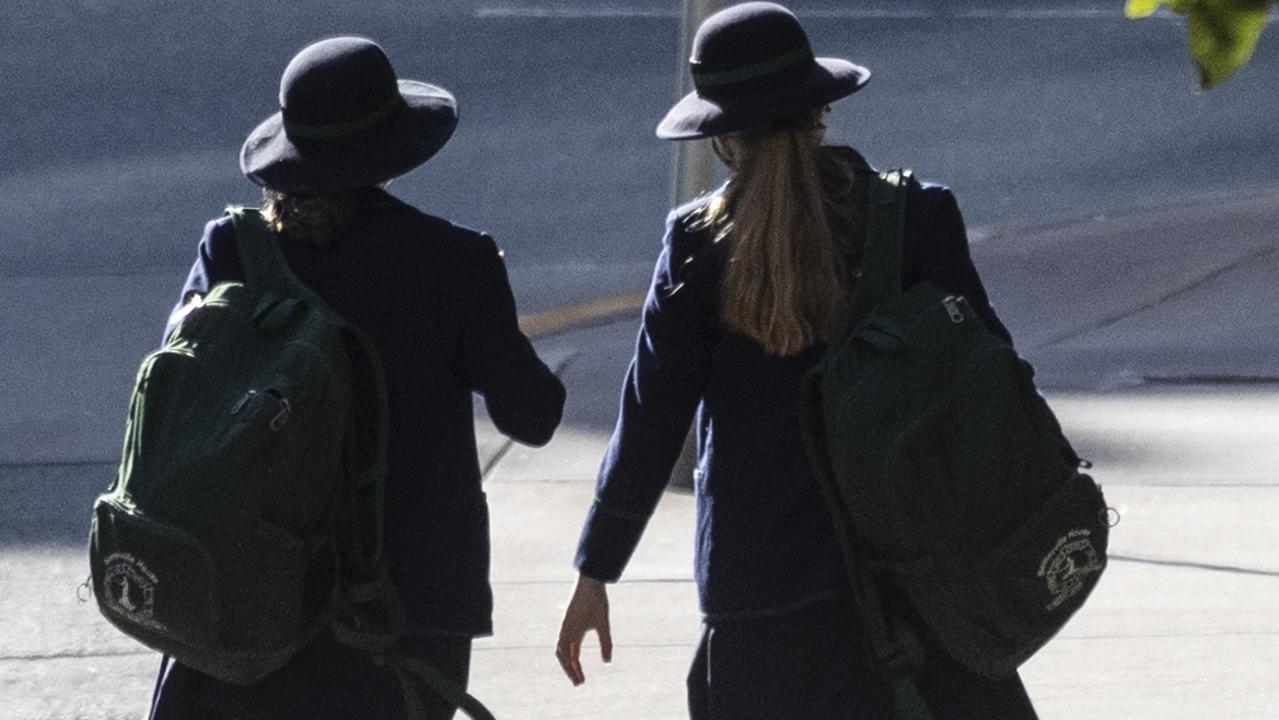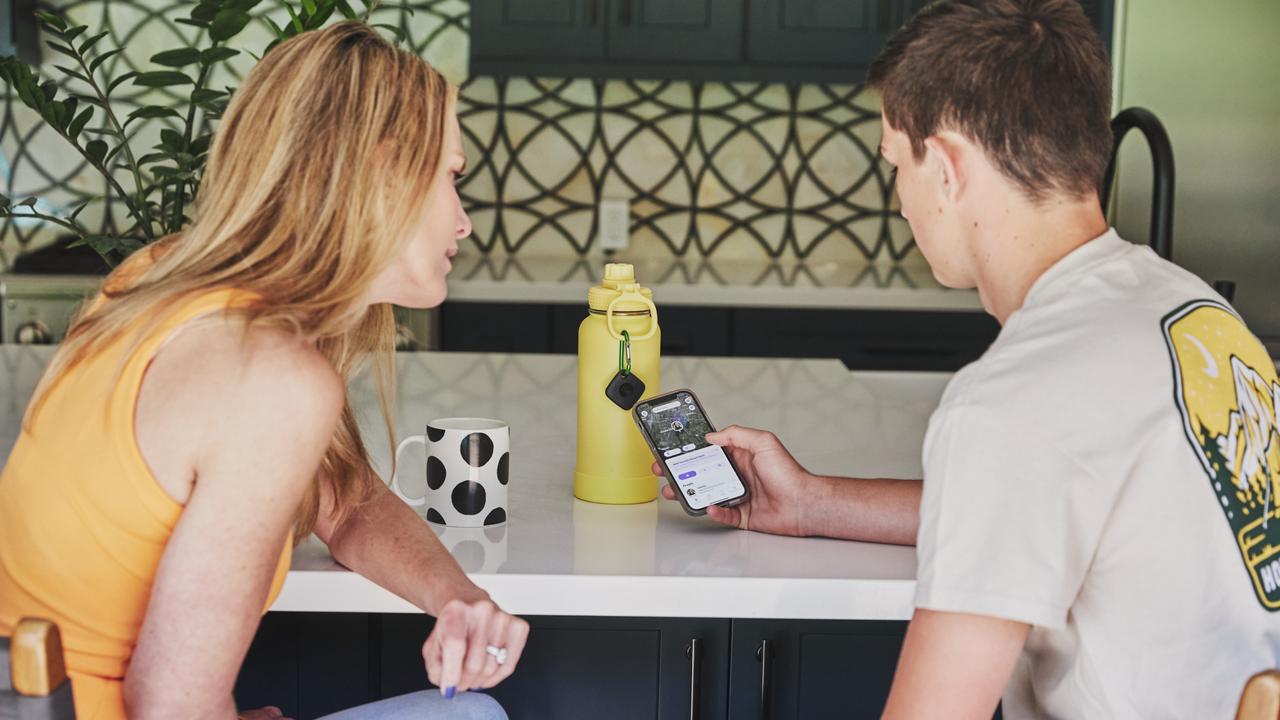The keys to surviving the Higher School Certificate
More than 77,000 students will sit the Higher School Certificate this week. These are the key dates, tips and tricks they need to know.

It’s that time of year again for graduating high school students. The HSC written exams start on Thursday, October 17 with major projects and oral and performance exams already completed.
Overseen by the NSW Education Standards Authority (NESA), the HSC is the highest level of attainment you can reach at school in NSW. This year, 77,000 students from 890 schools will participate and be overseen by 11,000 marks and exam supervisors.
Participating students who want to go to university will also receive an Australian Tertiary Admission Rank (ATAR), a number between 0.00 and 99.95 that indicates their position relative to the rest of their cohort. Universities use the ATAR to help them select students for their courses, and admission to most tertiary courses is based on a student’s selection rank.
Key dates for year 12 students and potential applicants in 2019 and 2020. pic.twitter.com/UYcpJ5anrL
— UAC (@UACinfo) May 15, 2019
KEY DATES
Personal exam timetables, with a list of written exams and where students will sit for them (usually at their school), as well as any oral or performance exams and submitted works, are available from Students Online.
August 5 to September 20: Nine major projects due (design and technology; English extension 2; Music; textiles and design; science extension; drama; industrial technology; society and culture; visual arts).
August 8 to September 14: 53 oral language exams.
August 12 to September 21: Three performance exams (dance, drama, music).
October 17 to November 11: 123 written exams.
November 11 to December 2: Assessment ranks available.
December 17: HSC results and ATAR’s released. Students can access their ATAR by logging onto the Universities Admission Centre (UAC) website. HSC results are sent out from the NESA by text and email.
December 20: Download credentials from Students Online, available until the end of June the year after a student graduates school. Students can use their NESA student number and Pin to log in.
January 2020: Receive certificate in the mail.
RELATED: Bid to ditch dreaded HSC number

PREPARING FOR YOUR EXAMS
According to the NESA and study support website Studiosity, there are seven tips to studying for and approaching HSC assessment and exams.
• Establish a routine . Set aside a particular time each day for study and revision and stick to it, factoring in sport, fitness, friends and part-time work. With a routine, a student can plan to cover all their subjects in an organised way, allotting the appropriate time for each without becoming overwhelmed.
• Create a study environment that fosters productivity. This should be away from interruptions and household noise and should have enough lighting and ventilation, a comfortable chair and an appropriate desk. Students should with them have any materials they’ll need before they begin the study session to minimise distractions.
- • Study smarter. Students shouldn’t wait until the last minute to prepare and attempt to learn an entire chapter in one or two days. Be prepared and break the material into smaller chunks.
- • Take care of yourself. Students are encouraged to drink plenty of water, eat healthy foods, make time for physical activity and make sure they get enough sleep each night — not just the night before their exam. They should remember to do things that aren’t just study or worrying about study.
- • Test yourself and test yourself again on what you have studied. Students should ask family members to quiz them on what they have learnt, use draft questions from books, past assessments or major exam papers. They are advised to plan study sessions with a friend to review multiple choice questions and test their knowledge.
- • Practice exam techniques. Doing past papers in set time limits is an ideal way to prepare for exams. Students can find these on the NESA website and should check their answers and sample answers.
- • The syllabus is your friend. Each subject has a detailed syllabus that is the best guide for both study and exams. Access the course syllabus, outcomes, assessment and reporting guidelines and sample exam questions for new courses.

DURING THE EXAMS
• The NESA advises that on the day of an exam, students should know what to expect in both the exam room and on the exam paper, including where to write your answers.
• Students should have read and understood the 2019 Higher School Certificate Rules and Proceduresguide and know any rules or requirements for their specific courses.
• Arrive at the exam venue before the time specified. The exam starting time on the timetable is when perusal time begins.
• When students enter each exam room, make a serious attempt at every question.
• Write the answers in black pen (2B pencil may be used where directed). Be aware of any extra equipment required for an exam.
• Cross out any mistakes so markers know not to mark them.
• Follow all instructions in exam papers and in the answer and writing booklets.
HOW THE HSC AND ATAR IS CALCULATED
HSC results will show three marks for each course:
- A moderated school assessment mark.
- An exam mark.
- A HSC mark, which is the average of the first two marks.
Students will also be assigned one of six performance bands, which shows how well they performed compared with other students in the course.
The ATAR is calculated using a student’s best marks from two units of English and the best eight units of their other subjects studied. Marks from different subjects are scaled to compare them, but this scaling won’t affect a student’s final mark.
Students can use an ATAR calculator to explore the HSC marks needed to achieve their ATAR goal or to identify the ATAR cut-off and recommended subjects for university course preferences.
When preparing for HSC written exams, take advantage of the Glossary of Key Words. There are certain key words that are used across different subjects.
— NSW Edu Standards (@NewsAtNESA) August 21, 2019
Find the glossary here:
https://t.co/cSU60HbK6s pic.twitter.com/bLC9REGzUE




